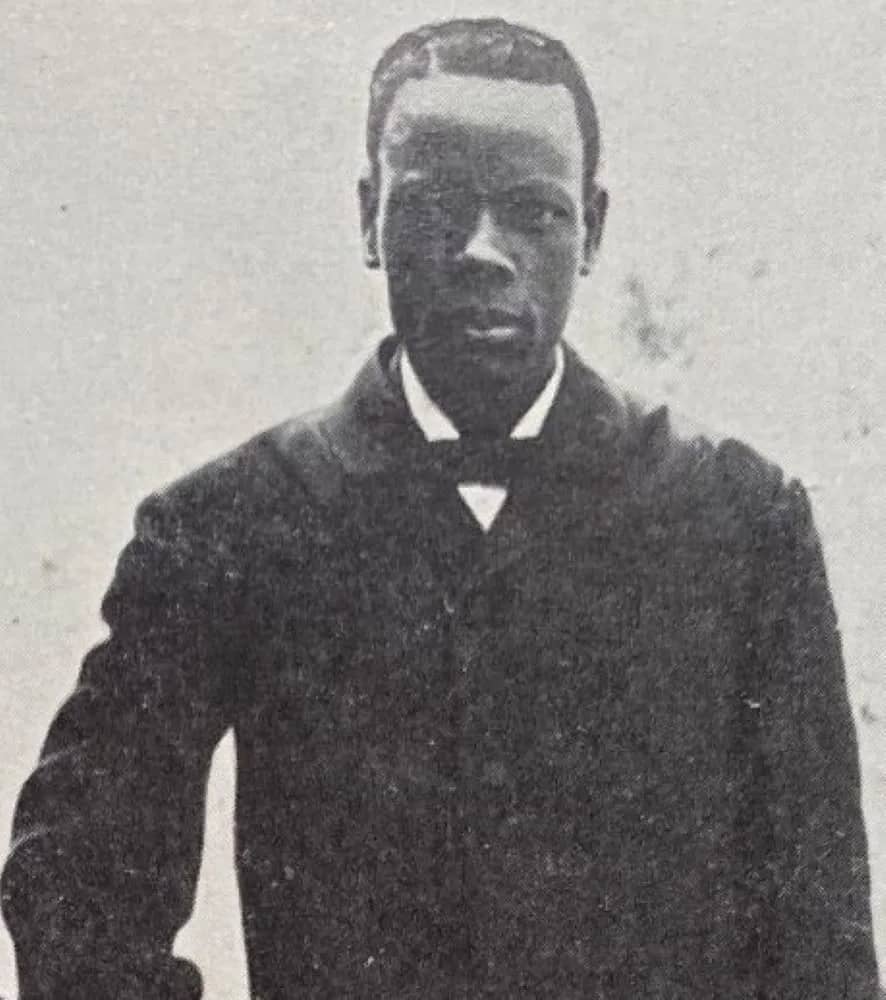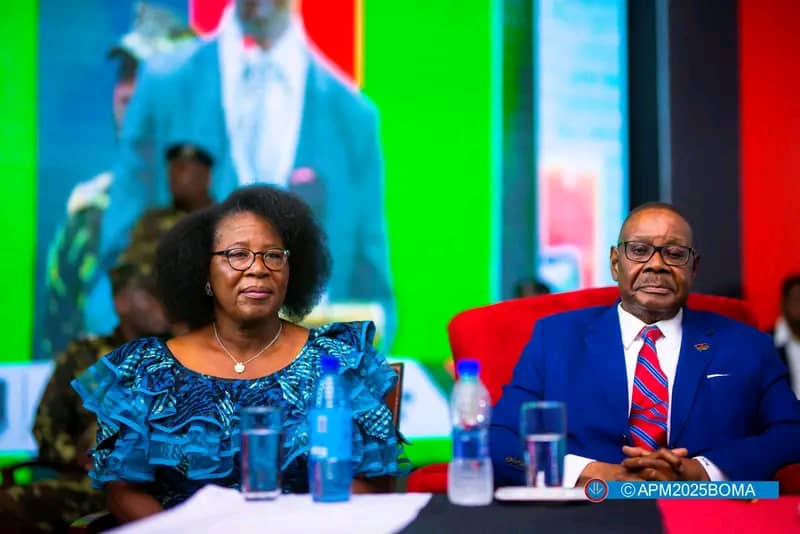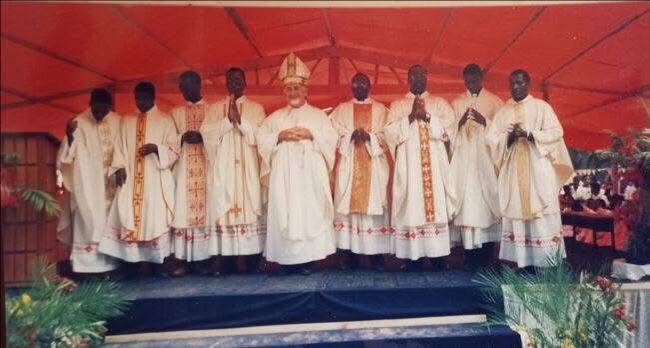By Burnett Munthali
Rev. John Chilembwe, one of the most significant figures in Malawi’s history, remains a symbol of resistance, justice, and the fight for equality. His legacy has not only shaped the nation’s political landscape but also sparked a birth of awareness and consciousness among the oppressed. His actions and sacrifices reverberate through generations, reminding Malawians of the importance of self-determination and the value of their own identity.
Born in 1871 in the Shire Highlands, in what was then British Central Africa, Chilembwe’s early life was rooted in a deeply religious upbringing. Raised in a devout Christian household, his formative years were shaped by the teachings of the Bible. This strong religious foundation laid the groundwork for his later efforts to challenge the colonial oppression that sought to subjugate his people. It was in the embrace of Christianity that Chilembwe would later reconcile his faith with the need for social justice.
Chilembwe’s journey from a young preacher to a national hero was catalyzed by his exposure to the harsh realities of colonial rule. As a young man, he moved to the United States for further education at the Virginia Theological Seminary, a decision that would forever alter the course of his life. It was during his time in the U.S. that he encountered the ideals of freedom, civil rights, and equality—ideas that resonated with the experiences of African Americans who were fighting for their own rights in a society that marginalized them.
Chilembwe’s time in the U.S. also served as a crucial turning point in his awareness of the injustices being perpetuated in Africa under colonial rule. It became increasingly clear to him that the colonial government was exploiting the African population for economic gain while denying them basic human rights. This realization was pivotal in shaping his ideological beliefs, which he would later put into action through his resistance to British colonial authorities.
Upon returning to Malawi, Chilembwe began to implement his newfound ideals. He established the Providence Industrial Mission in 1900, a school and religious center that served as a platform for educating his people, both spiritually and politically. His teachings, however, went beyond religious doctrine. He began to preach about the need for liberation and equality, challenging the status quo that kept Africans in a state of perpetual servitude.
The Providence Industrial Mission became a focal point for Chilembwe’s broader vision—one that sought to elevate the socio-economic status of African people in colonial Malawi. He believed that education, self-sufficiency, and solidarity were the keys to freedom. However, it was his involvement in the 1915 uprising, the culmination of years of frustration and resistance, that cemented his place as a national hero.
The 1915 rebellion, also known as the Chilembwe Uprising, was a direct response to the brutality and exploitation faced by African workers, especially those working on British-run plantations. Chilembwe and his followers revolted against the oppressive practices of the colonial government, including forced labor, taxation, and land dispossession. Although the rebellion was ultimately unsuccessful and resulted in Chilembwe’s death, the event became a catalyst for the birth of awareness among Malawians.
The uprising marked a turning point in the fight against colonialism in the region. It raised awareness of the systemic injustices that had been inflicted on the people for decades. Chilembwe’s martyrdom ignited a flame of resistance that continued to burn brightly in the hearts of many, even long after his death. His willingness to challenge the colonial powers, even at the cost of his life, served as a powerful statement of defiance against oppression.
Rev. John Chilembwe’s legacy is not confined to the events of the uprising alone. His life and work laid the foundation for future generations of Malawians to continue the struggle for freedom and equality. His actions sparked a series of awakenings that would eventually culminate in Malawi’s fight for independence in 1964. The Chilembwe Uprising, though a failure in its immediate objectives, was a crucial step toward the eventual liberation of the nation from colonial rule.
Today, Chilembwe is remembered annually on 15th January, a day that serves as a reminder of his contributions to the independence movement and the ongoing struggle for justice and equality. His bravery, vision, and commitment to his people continue to inspire not just Malawians, but people around the world who are fighting for social justice and human rights.
In the context of today’s Malawi, Rev. John Chilembwe’s call for awareness and action is as relevant as ever. The challenges he faced—economic exploitation, political repression, and social inequality—continue to plague the country. Yet, his example remains a beacon of hope for those who continue to fight for a just and equitable society.
In many ways, Rev. John Chilembwe’s story is not just about the past—it is about the present and the future. His life serves as a testament to the power of awareness and the enduring spirit of resistance. The birth of awareness that he initiated continues to shape the consciousness of a nation and inspire generations of Malawians to stand up, speak out, and demand a society that values freedom, equality, and justice for all.




